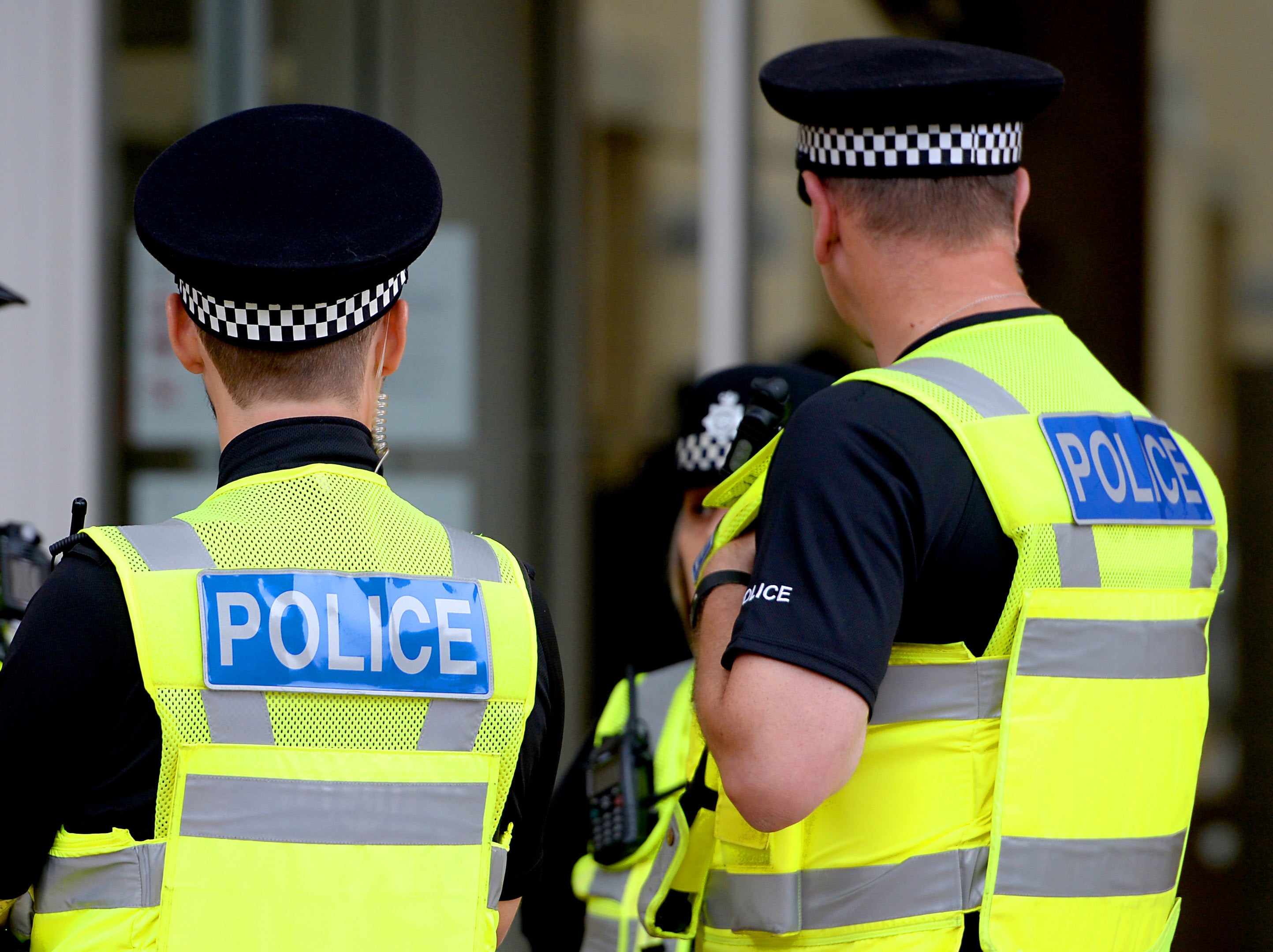Rape victims ‘should be allowed to give video evidence before trial’
‘Giving evidence to a court can be a worrying and, for some, a traumatising experience,’ says Victims’ Commissioner

Your support helps us to tell the story
From reproductive rights to climate change to Big Tech, The Independent is on the ground when the story is developing. Whether it's investigating the financials of Elon Musk's pro-Trump PAC or producing our latest documentary, 'The A Word', which shines a light on the American women fighting for reproductive rights, we know how important it is to parse out the facts from the messaging.
At such a critical moment in US history, we need reporters on the ground. Your donation allows us to keep sending journalists to speak to both sides of the story.
The Independent is trusted by Americans across the entire political spectrum. And unlike many other quality news outlets, we choose not to lock Americans out of our reporting and analysis with paywalls. We believe quality journalism should be available to everyone, paid for by those who can afford it.
Your support makes all the difference.Rape victims should be able to pre-record video evidence before their trial date to stop thousands of “potentially traumatised” survivors having a “long and anxious wait”, the Victims’ Commissioner has said.
A new report by Dame Vera Baird QC found victims of sexual offences are subject to grave distress due to being forced to come face-to-face with their perpetrators and suffering intimidation in court.
The research by the Victims’ Commissioner warns safeguards in the criminal justice system that vulnerable victims are legally entitled to are not being properly rolled out with victims and witnesses slipping through the cracks.
“Special measures” help those who are younger than 18 or have a mental or physical disorder or disability or those who are anxious or distressed about testifying in the case give evidence.
Such provision includes screens to shield victims or witnesses from the defendant and the option to provide evidence via a TV link from a different room in the court or using material that has been pre-recorded ahead of the trial.
While victims of sexual offences have long been entitled to such provisions, the new landmark Domestic Abuse Act which recently became law allows all survivors of domestic violence to have equivalent protections.
Dame Baird, Victims Commissioner for England and Wales, said: “Special measures are not a ‘nice to have’ but are essential provisions for many witnesses and for the criminal justice system. Giving evidence to a court can be a worrying and, for some, a traumatising experience.
“Special measures were introduced to make this easier for witnesses and to avoid unnecessary stress and distress. Some witnesses will not be able to give evidence at all without this help but not all victims and witnesses are getting the protections they need.
“And this is a major problem for the criminal justice system which needs to secure all the available evidence on both sides of a case.”
She branded “special measures” a “success story” within the UK’s criminal justice system – adding “brilliant but simple” mechanisms have “enabled” many individuals who would not have testified in court to do so.
The report calls for Section 28 – which allows victims and witnesses to record evidence and cross-examination before the trial goes ahead – to be expanded to sexual crimes.
Victims or witnesses who are younger than 18 or have a mental or physical disorder or disability are automatically entitled to the measure under the current system, but other vulnerable complainants such as rape victims cannot access the provision.
This is particularly surprising given survivors of sexual violence are granted lifelong press anonymity from the moment any allegations are made.
“I am calling for all victims of sexual crimes to be allowed to give evidence and be cross-examined by video, at an early stage while their memory is fresh,” Dame Baird said. “Then they are free to take therapy if they need it and to get on with their lives since the video evidence would be their evidence in court. With some crimes from last year unlikely to reach court before 2022 or later, this could spare thousands of potentially traumatised victims a long and anxious wait.”
Campaigners have long warned rape has been effectively decriminalised in the UK, with prosecutions and convictions for sexual assault and rape reaching record lows last year. Government data shows in the year to March 2020 that just 1.4 per cent of 55,130 rape cases recorded by police resulted in prosecution.
Dame Baird said: “We have heard from criminal justice professionals in this research and hear from victim support services day-by-day how fearful witnesses are of coming face-to-face with the defendant and their supporters.
“It can deter them from attending at all or undermine the confidence of their testimony. This is an area which needs urgent attention, which it is not getting.”
A Ministry of Justice spokesperson said they know “how traumatic the court process can be” and they are carrying on boosting support for victims.
The representative added: “This includes protective screens and video links in every criminal court, more separate waiting rooms as well as piloting the pre-recording of cross-examination for rape victims to help further reduce the stress of attending court.
“At the same time, a new Victims’ Bill – set out in the Queen’s Speech – will strengthen the rights of victims at every stage of the justice system.”


Join our commenting forum
Join thought-provoking conversations, follow other Independent readers and see their replies
Comments